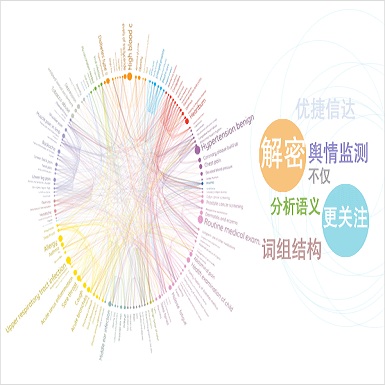The development of logic has largely been through the 'deductive' paradigm: conclusions are inferred from established premisses. However, the use of logic in the context of both human and machine reasoning is typically through the dual 'reductive' perspective: collections of sufficient premisses are generated from putative conclusions. We call this paradigm, 'reductive logic'. This expression of logic encompass as diverse reasoning activities as proving a formula in a formal system to seeking to meet a friend before noon on Saturday. This paper is a semantical analysis of reductive logic. In particular, we provide mathematical foundations for representing and reasoning about 'reduction operators'. Heuristically, reduction operators may be thought of as `backwards' inference rules. In this paper, we address their mathematical representation, how they are used in the context of reductive reasoning, and, crucially, what makes them 'valid'.
翻译:暂无翻译




